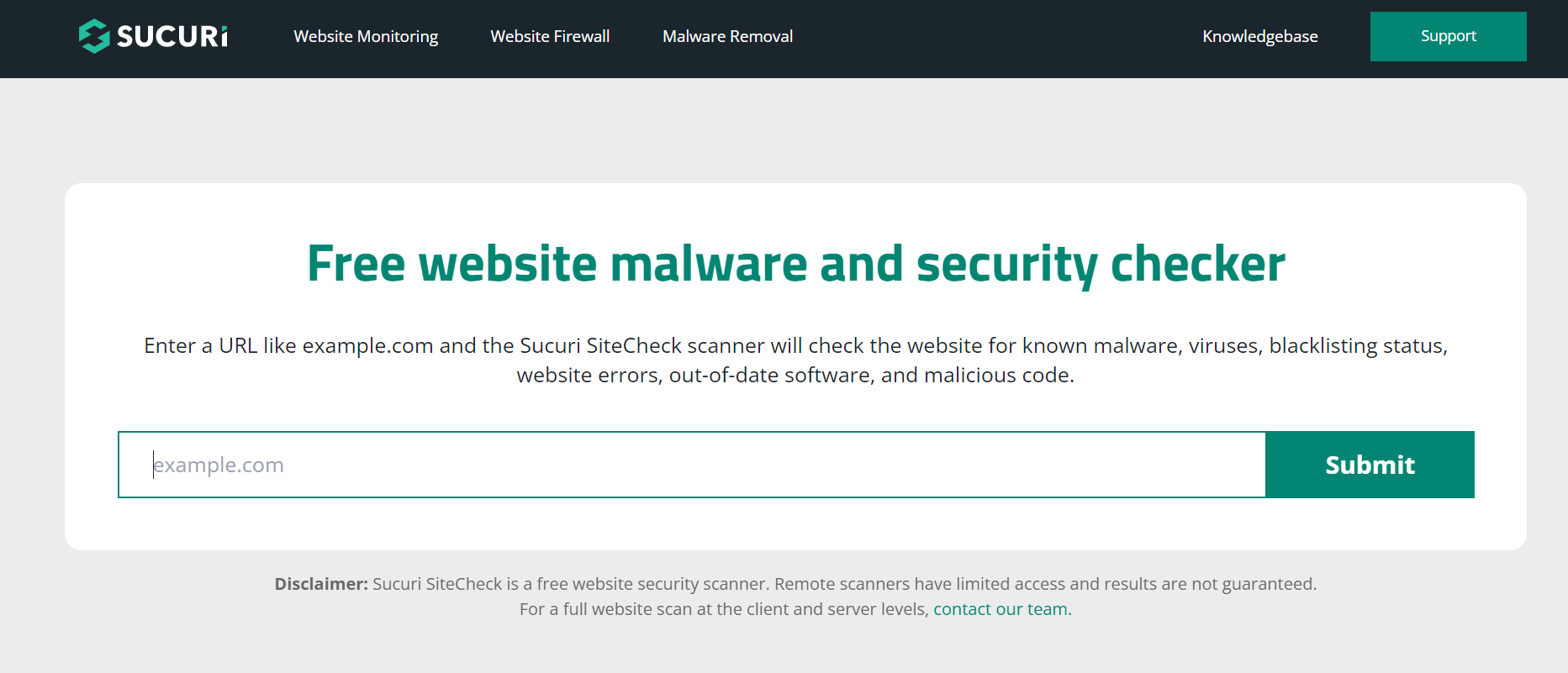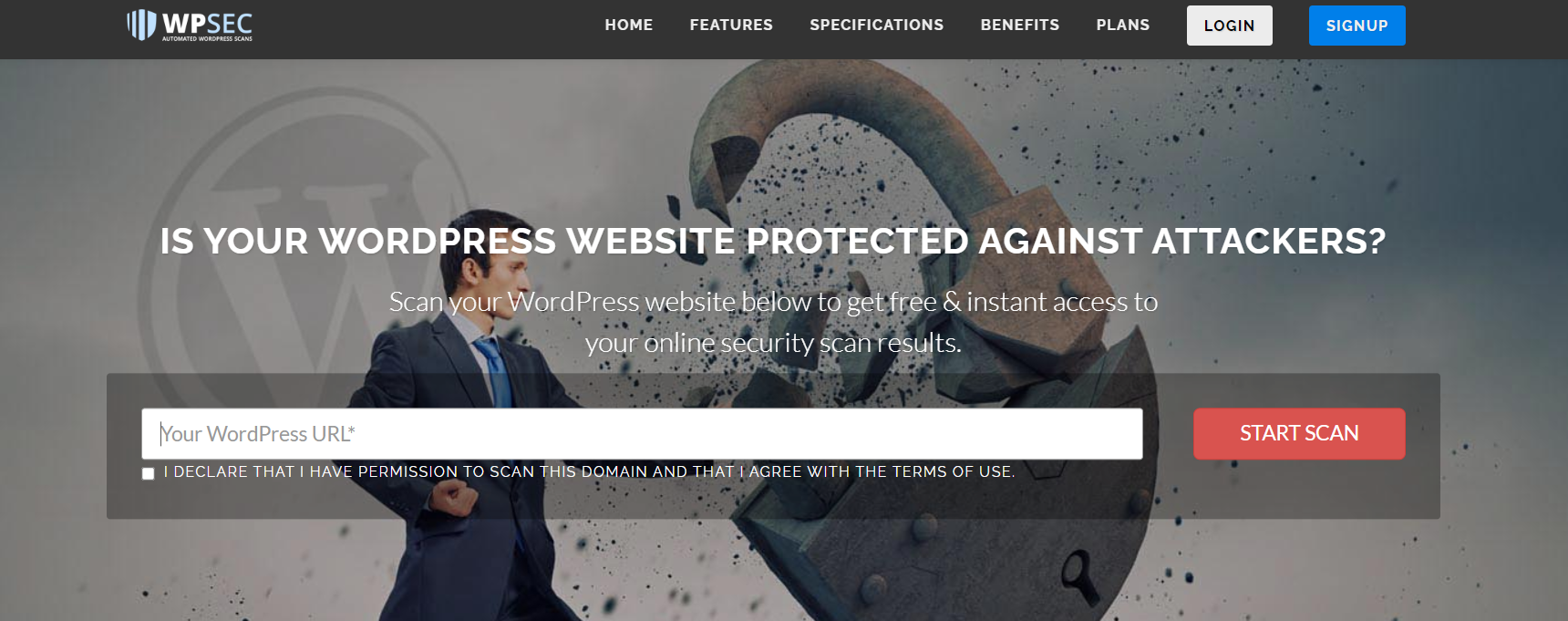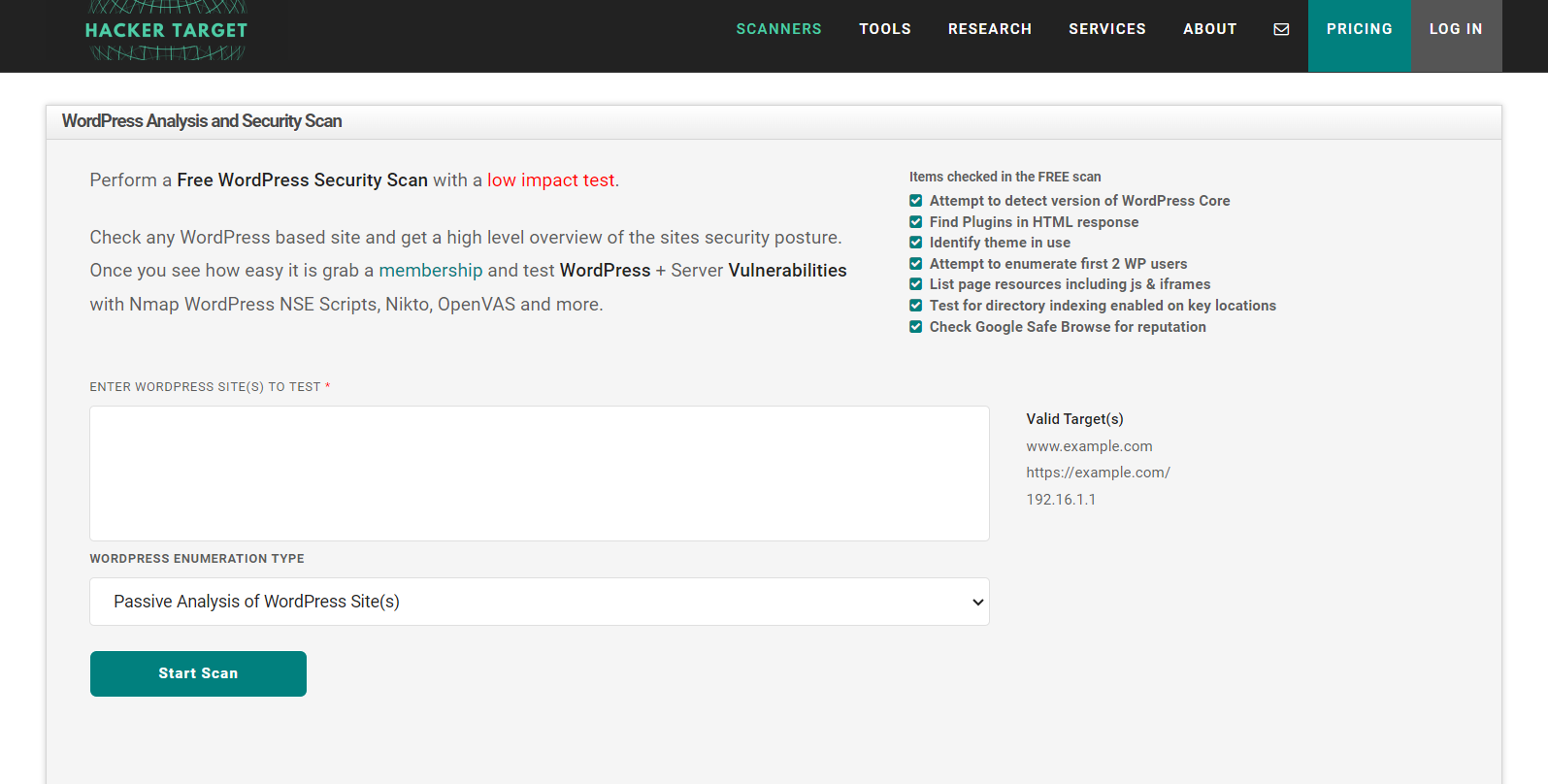Are you worried about the security of your WordPress website? With cyber threats rising, ensuring your site is protected from vulnerabilities is more critical than ever. But don’t worry – there are plenty of free tools out there that can help you scan and identify potential weaknesses. This post highlights some top picks for scanning WordPress for vulnerabilities and explains how they work. Keep reading to find out how you can secure your website today!
Introduction to WordPress Vulnerabilities
When it comes to WordPress vulnerabilities, there are a few things you should know. WordPress is a content management system (CMS) that enables you to create a website or blog from scratch or to improve an existing website. It’s one of the most popular CMSs in the world, powering over 43% of all websites.
While this popularity is impressive, it also makes WordPress a target for hackers and malware. That’s why keeping your WordPress site secure with the latest updates and security plugins is essential. In this article, we’ll introduce you to some free tools that can help you scan WordPress for vulnerabilities.
What are the Most Common WordPress Vulnerabilities?
There are a number of common WordPress vulnerabilities, including:
- Known security holes in themes and plugins
- Weak passwords
- Outdated versions of WordPress
- Lack of SSL encryption
- Unsecured hosting environments
These are just some of the most common WordPress vulnerabilities. Taking steps to secure your WordPress site is important to protect it from attack.
Why Should You Scan Your WordPress Site Daily?
Scanning your WordPress site on a daily basis can provide several important benefits:
• Security
WordPress is a popular platform, and its widespread use makes it a target for hackers and malicious actors. You can promptly identify and address security vulnerabilities or malware infections by scanning your site daily. This helps prevent potential breaches and ensures the safety of your website and its visitors.
• Early Detection of Issues
Regular scanning lets you catch any issues or errors on your site early on. This could include broken links, performance problems, or compatibility issues with plugins or themes. By identifying these issues promptly, you can take appropriate measures to resolve them before they impact your site’s functionality or user experience.
• Performance Optimization
Daily scanning can help you monitor the performance of your WordPress site. It allows you to identify bottlenecks, such as slow-loading pages or resource-intensive plugins, that may affect your site’s speed and user satisfaction. By optimizing your site’s performance based on the scan results, you can enhance its overall efficiency and user experience.
• SEO Benefits
Regular scanning can help you maintain good search engine optimization (SEO) practices. It lets you check for SEO-related issues like duplicate content, missing meta tags, or indexing errors. By addressing these issues promptly, you can ensure that search engines can crawl and index your site effectively, improving its visibility and ranking in search engine results.
• Data Integrity
Regular scans help ensure the integrity of your site’s data. You can detect unauthorized changes, file modifications, or database anomalies by monitoring your site’s files and databases. This is particularly crucial if your site involves user-generated content or sensitive information, as it helps safeguard against data breaches or tampering.
• Compliance Requirements
Depending on the nature of your website and the data it handles, you may have specific compliance requirements to meet, such as GDPR (General Data Protection Regulation) or HIPAA (Health Insurance Portability and Accountability Act) regulations. Regular scanning helps you identify potential non-compliance issues, enabling you to take appropriate measures to meet the necessary standards and avoid penalties.
Free Tools to Scan WordPress for Vulnerabilities
Many free tools can help you quickly scan your WordPress website for any vulnerabilities that need to be worked on.
1. Sucuri SiteCheck

Sucuri SiteCheck is a tool provided by Sucuri that performs comprehensive vulnerability scans on websites, including those built on WordPress. The tool scans your website and checks for known malware infections, outdated software versions, and common website errors. It compares the content of your web pages with the Sucuri database and identifies any anomalies or suspicious activities.
2. WPSec

WPSec is an exceptional online tool specifically designed to scan vulnerabilities in WordPress. It identifies your installed plugins and compares their versions against a comprehensive bug database. Additionally, WPSec focuses on detecting common mistakes made during the initial setup of a WordPress installation, making it an excellent starting point for enhancing security (among the numerous WordPress online scanners available). Furthermore, WPSec is a lightweight tool that performs WordPress website scans effortlessly, ensuring a seamless experience without lag or technical complications.
3. WordPress Security Scan

WordPress Security Scan is a comprehensive security tool offered in two versions: a free basic version and a premium advanced version. This tool conducts thorough checks by making regular web requests to various pages and carefully analyzing the HTML code.
By performing a scan, WordPress Security Scan can identify evident security vulnerabilities within a WordPress website. It not only detects weaknesses but also provides recommendations for security-related configuration changes. Implementing these suggested changes can significantly enhance protection against potential breaches in the future.
Whether using the free basic version or the premium advanced version, WordPress Security Scan offers valuable insights and guidance to strengthen the security posture of a WordPress website. It assists website owners in proactively addressing security concerns and taking appropriate measures to safeguard their online presence.
Tips for Protecting Your WordPress Website from Vulnerabilities
Protecting your WordPress website from vulnerabilities is crucial to maintaining its security and ensuring the safety of your data and visitors. Here are some essential tips to help you fortify your WordPress website:
- Keep WordPress Updated: Regularly update your WordPress core, themes, and plugins to the latest versions. Updates often contain security patches that address vulnerabilities discovered in previous versions.
- Use Strong and Unique Passwords: Choose strong passwords for your WordPress admin account, FTP, and database. Avoid using common or easily guessable passwords, and consider implementing a password manager to generate and store complex passwords securely.
- Use Secure Hosting: Choose a reputable hosting provider that prioritizes security. Look for features like firewalls, malware scanning, regular backups, and SSL certificates to ensure data encryption.
- Install Security Plugins: Utilize security plugins like Wordfence, Sucuri, or iThemes Security to enhance your website’s protection. These plugins can help detect and block suspicious activity, monitor file integrity, and provide firewall protection.
- Regularly Backup Your Website: Create regular backups of your WordPress site and store them in a secure offsite location. In the event of a security breach or data loss, backups enable you to restore your website to a previous, safe state.
- Use HTTPS/SSL: Implement an SSL certificate to enable HTTPS encryption on your website. This ensures that data transmitted between your users and your site remains secure.
- Regularly Scan for Malware: Perform regular malware scans using security plugins or external services. Malware scanning can identify malicious code and help you take immediate action to remove it.
- Remove Unused Themes and Plugins: Delete unused themes and plugins from your WordPress installation. Outdated or inactive themes and plugins can pose security risks if vulnerabilities are not actively patched.
By following these tips and staying proactive about your website’s security, you can significantly reduce the risk of vulnerabilities and protect your WordPress website from potential threats.
Wrap Up
Scanning WordPress sites for vulnerabilities is essential to ensure the security of your website and protect it from any malicious attacks. Fortunately, there are many free tools available that can help you scan your site quickly and accurately. By using these scanning tools regularly, you can detect any potential issues early on and take steps to patch them up before they become a problem. With these tools at your disposal, you should have no trouble keeping your WordPress site safe and secure.